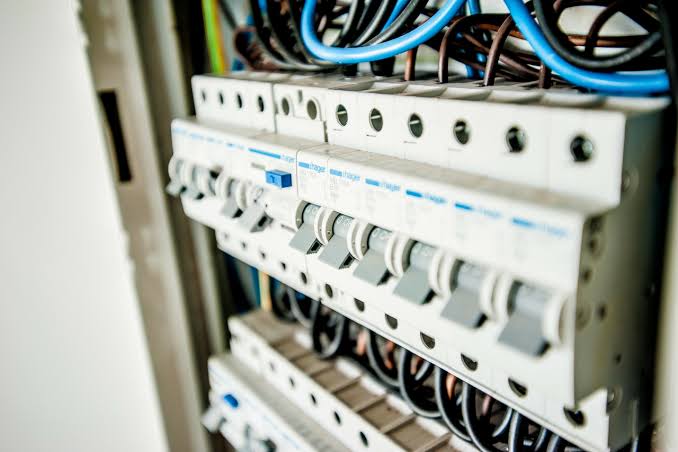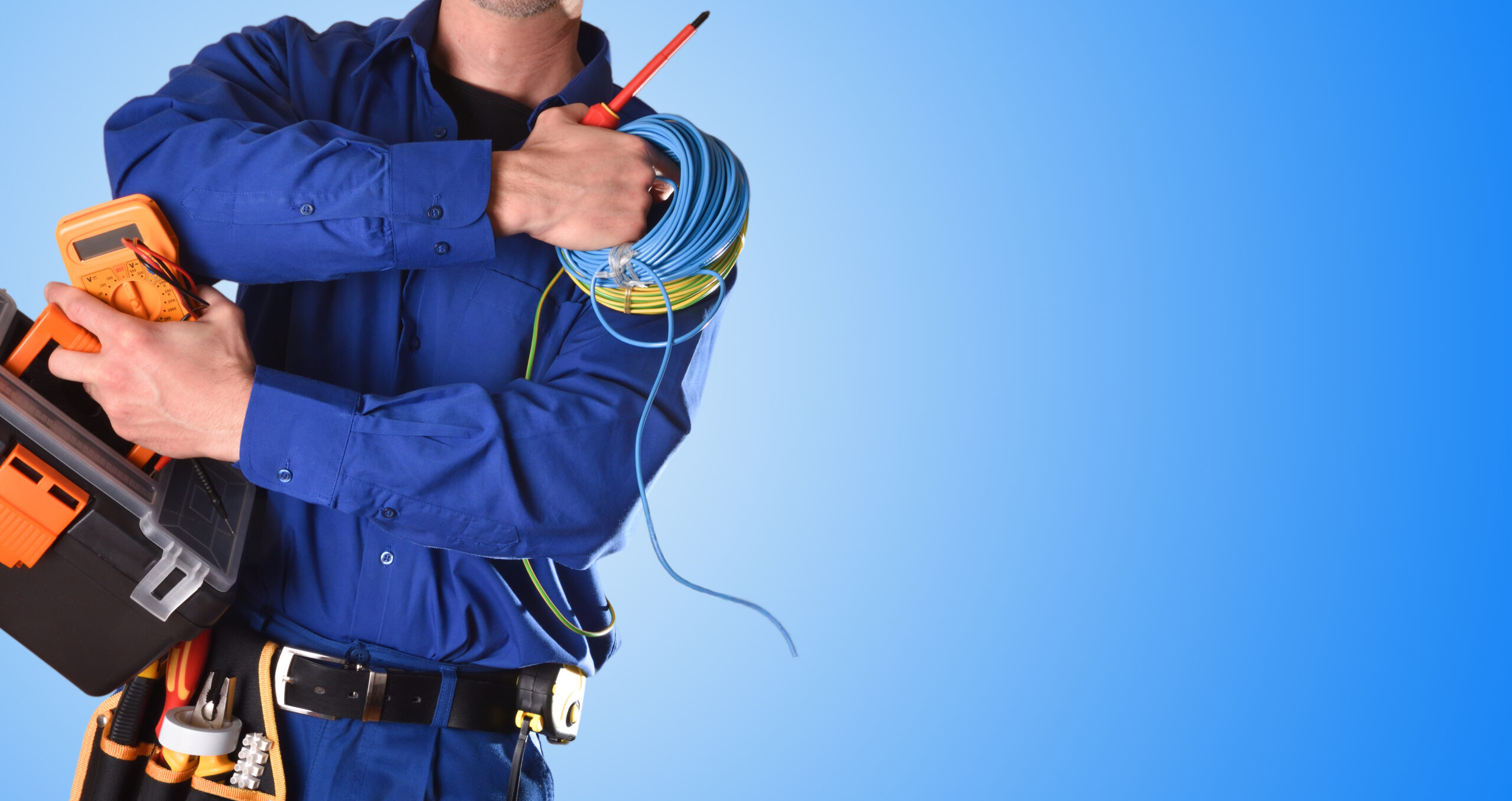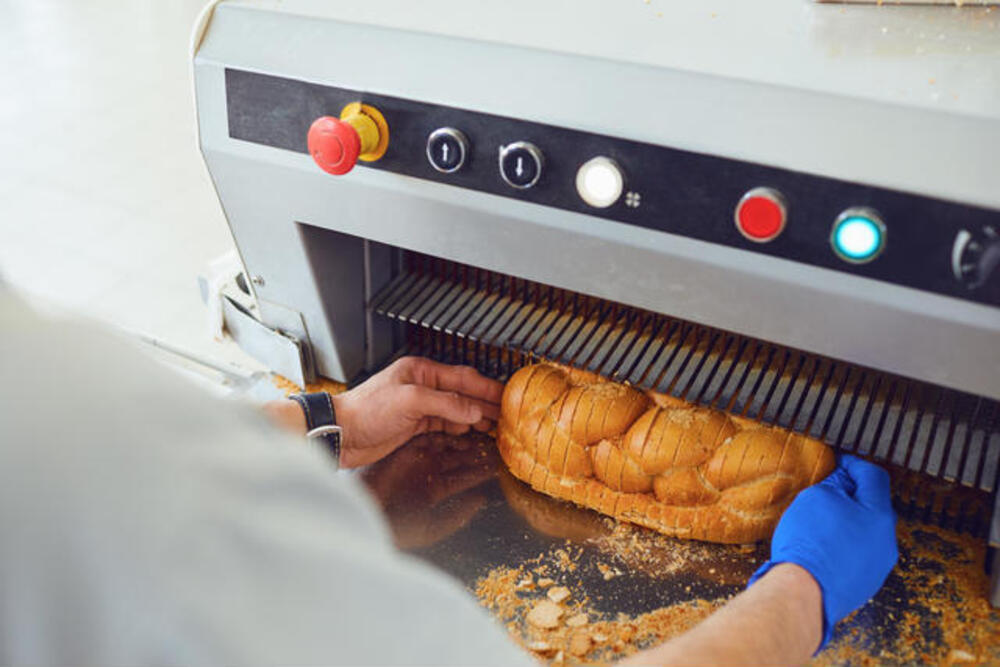Hand-washing your dishes every day will cost you approximately 230 hours of labor and 3,870 gallons of water each year. The extra time and money you’ll save skipping this process using a dishwasher will undoubtedly outweigh the costs of purchasing and maintaining one.
While dishwashers are handy and beneficial appliances, you need to make sure yours is working correctly.
It’s essential to stay on top of possible dishwasher problems to avoid yours breaking down altogether, leaving you with a mess of dishes to hand-wash. Please keep reading for the top three warning signs of a broken dishwasher that signal it’s time to get yours fixed.
1. Your Dishes Aren’t Hot
One of the most critical factors in assuring clean and sanitized dishes is hot, soapy water. Whether you’re hand-washing or sticking your plates in the dishwasher, the FDA recommends using water temperatures ranging from 165-180 degrees Fahrenheit to clean your dishes properly.
If your dishes aren’t coming out of your dishwasher hot and steamy, there may be a problem with the electric heater or heating coil. This element is what gets the water temperatures high enough to sanitize each load.
If the heating coil is broken, it’s more than likely very costly to fix. Contact a trusty repair service such as The Appliance Doc, or consider buying a new machine altogether.
2. The Dishwasher Is Rusty
When observing the health of your appliance, a great way to dishwasher troubleshoot is to check for rust.
Now and then, wipe the floor beneath the dishwasher with a white cloth or paper towel. If you notice bits of rust, it usually means water is leaking into places it shouldn’t, and it may be time to purchase a new machine.
If there’s rust on the inside of the dishwasher, double-check that metal pans or baking sheets aren’t the cause of the problem. If dishes aren’t the source of the issue and the metal inside the washer is starting to erode or create rust, you’ll need someone to fix your washer as soon as possible.
3. The Door Doesn’t Latch
If the latch on your dishwasher doesn’t close properly, most likely, the washer won’t run and will need to be fixed immediately.
Most likely, the latch can easily be repaired or replaced to get your machine up and running.
In severe cases, the broken latch signifies that the machine has become warped from excess water leakage. If this is the source of the problem, you’ll need to replace your dishwasher or undergo the unfortunate activity of washing your dishes by hand.
Do I Have a Broken Dishwasher?
If your appliance hasn’t been working correctly, it may signal you have a broken dishwasher, and it’s time to get it repaired or replaced.
Now that you know what common problems to be aware of, you can stay on top of the health of your appliance, so you aren’t left with a broken dishwasher and a kitchen full of dirty dishes.
If you enjoyed this article, you’ll love our other Kitchen and Home Improvement blog posts. Check them out today!











